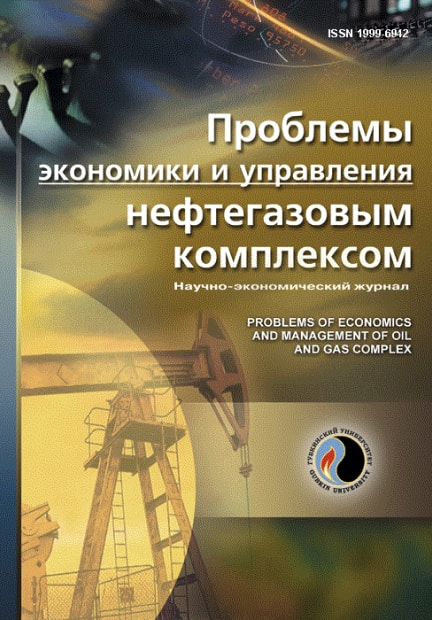The dark side of decarbonization: main challenges, possible solutions
UDC: 620.9:631.4
DOI: 10.33285/1999-6942-2023-2(218)-7-18
Authors:
LASTOVSKAYA MARINA R. 1
1
1 National University of Oil and Gas "Gubkin University", Moscow, Russia
Keywords: decarbonization, renewable energy sources, rare earth minerals, clean energy, oil and gas majors, oil and gas upstream, energy markets liberalization, energy transition index, low-carbon energy systems, green transformation
Annotation:
The energy decarbonisation is one of the most important aspects of implementing climate policy and achieving the goals set under the Paris Agreement. None the less, there are a number of factors which significantly complicate decarbonisation and which should be taken into account when implementing the energy transition. They, in particular, include the following: the need to invest heavily in clean energy development and dramatically accelerate the commissioning of new capacities; the compliance with emission reduction commitments by all countries, and not by the 10–15 countries most active in this process; the change of the strategies of large energy and oil and gas companies and focus on decarbonizing these companies while reducing the role of small and medium-sized enterprises; the need to ensure renewable electricity generation sources for energy generation from fossil fuels in the energy systems with participation of renewable energy sources (RES); the need to bring all technologies that determine the development of clean energy to a mature market level. The bottom line is that the course of the green transition should be coordinated with the development of the oil and gas industry.
Bibliography:
1. Energy Outlook 2022 / BP. – URL: https://www.bp.com/content/dam/bp/business-sites/en/global/corporate/pdfs/energy-economics/energy-outlook/bp-energy-outlook-2022.pdf
2. World Energy Outlook 2021 / International Energy Agency. – URL: https://www.iea.org/reports/world-energy-outlook-2021
3. World Energy Outlook 2022 / International Energy Agency. – URL: https://www.iea.org/reports/world-energy-outlook-2022
4. Institut français des relations internationales: ofitsial'nyy sayt. – URL: https://www.ifri.org/
5. TotalEnergies: Sozdanie ustoychivoy i mnogostoronney energeticheskoy kompanii. Rezul'taty 2021 g. i prognoz na 2022 g. – URL: https://www.bloomberg.com/press-releases/2021-09-28/totalenergies-2021-strategy-outlook-presentation
6. Fostering Effective Energy Transition 2022 / World Economic Forum. – URL: https://www3.weforum.org/docs/WEF_Energy_Transition_Index_2022.pdf
7. Energy Technology Perspectives 2020 / International Energy Agency. – URL: https://iea.blob.core.windows.net/assets/7f8aed40-89af-4348-be19-c8a67df0b9ea/Energy_Technology_Perspectives_2020_PDF.pdf
8. Energy Technology RD&D Budgets: Statistics report. Overview / International Energy Agency. – 2020. – URL: https://iea.blob.core.windows.net/assets/b6e2d46e-9808-4118-9dae-6cf3f589bb7c/Energy_Technology_RDD_2020_Overview1.pdf
9. Mastepanov A.M. Energeticheskaya bezopasnost' v sisteme global'nykh vyzovov sovremennosti // Problemy ekonomiki i upravleniya neftegazovym kompleksom. – 2021. – № 4(196). – S. 5–7. – DOI: 10.33285/1999-6942-2021-4(196)-5-7

